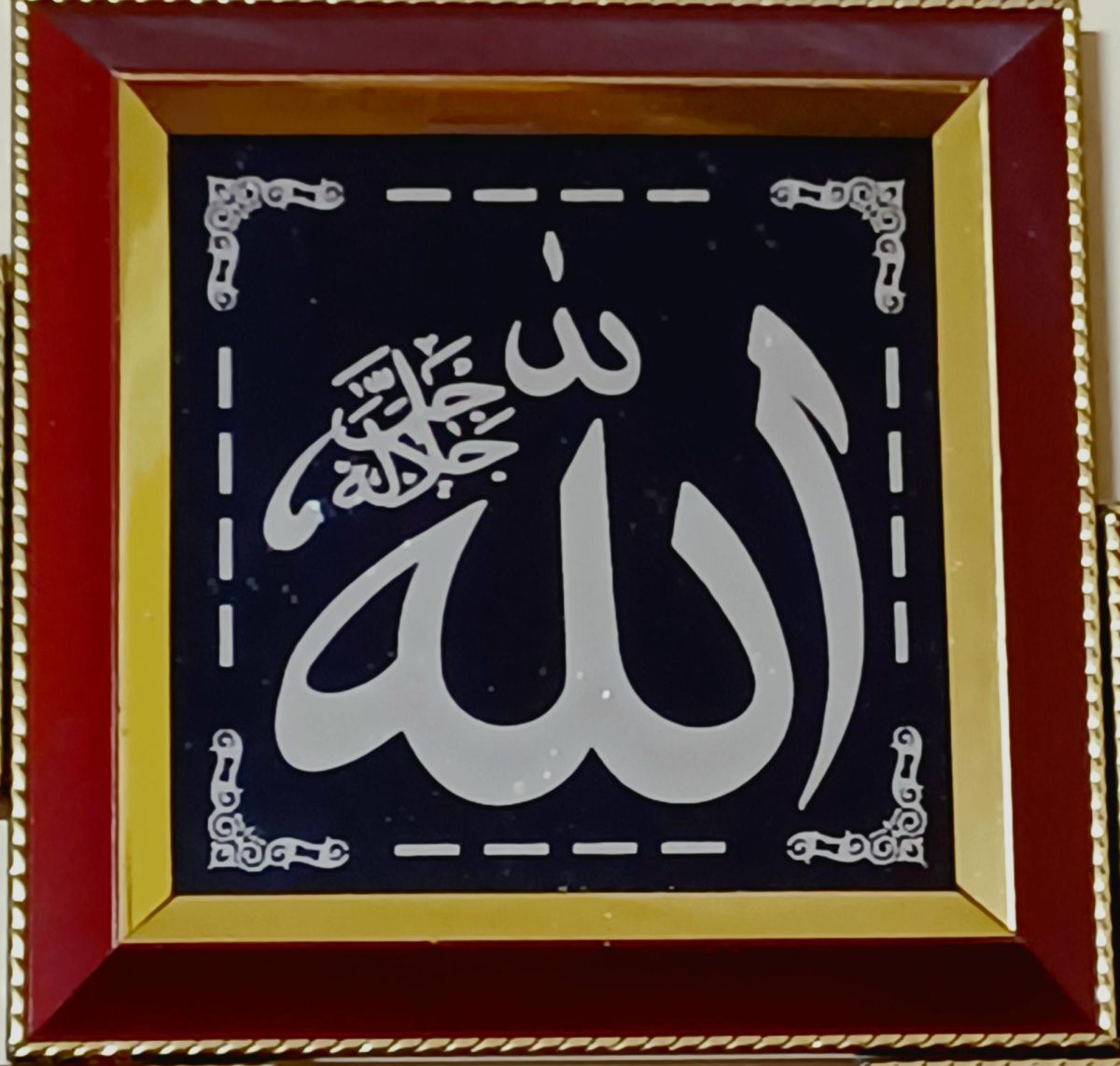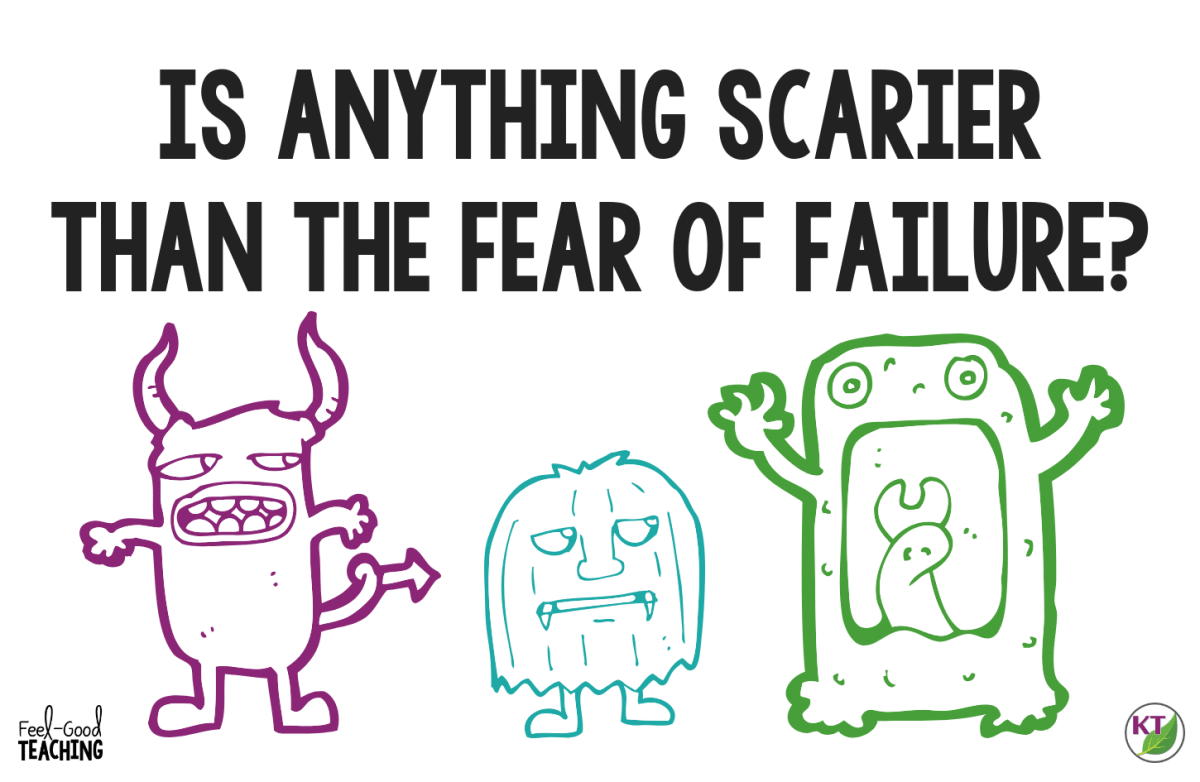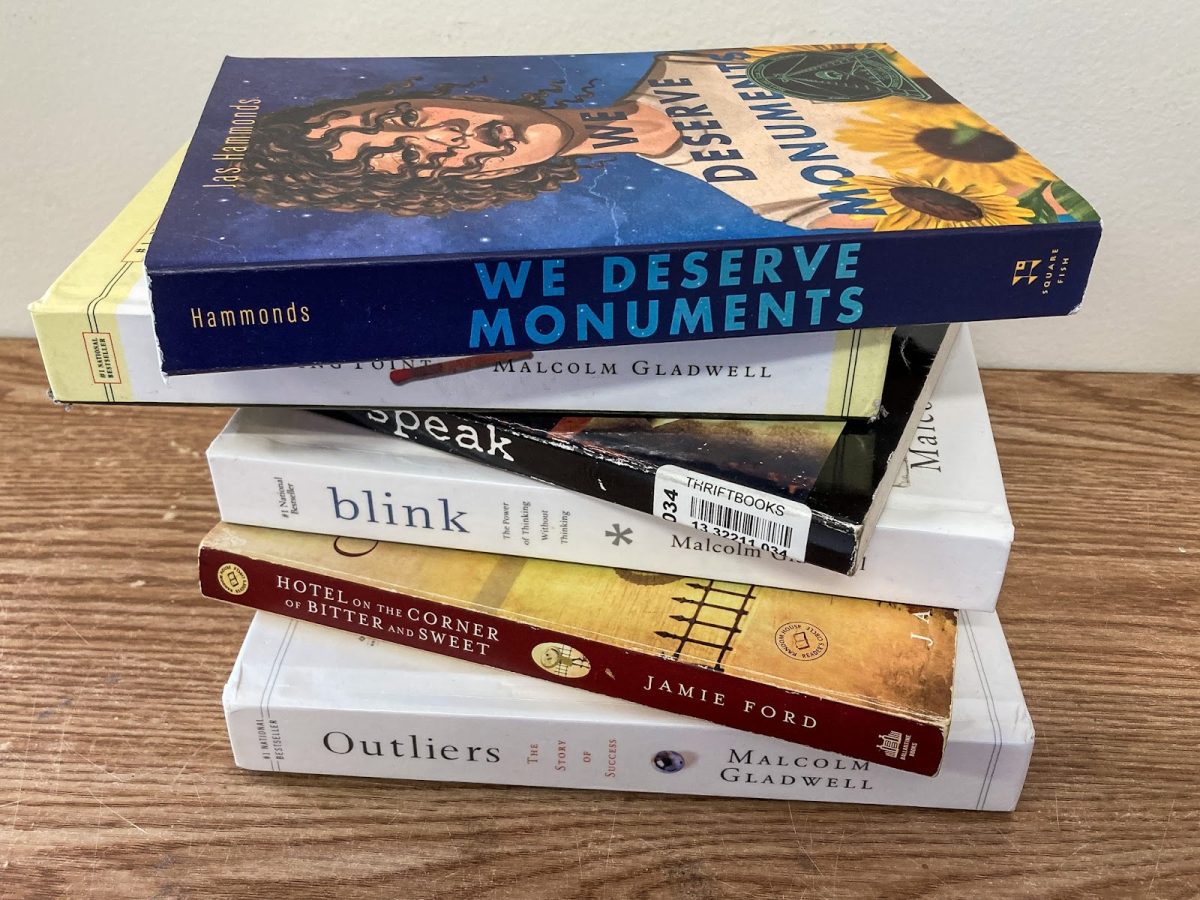The Islamic faith is one of the prevalent religions in the world; however, there are also many misconceptions about the faith and those who follow it. In particular, Muslim women are distinguishable by their religious head coverings, called hijabs, stimulating curiosity and sometimes misunderstandings about the Islamic faith. After learning basic knowledge about the Islamic faith, you might find Muslims more approachable and similar to you.
Out of many fascinated students at West High, Julia Downing (12) was charmed the most by the hijab. “The modesty aspect of Islam interests me the most because I assume that’s why you wear the hijab,” Downing remarked. The importance of virtue is the most significant part of a Muslim’s appearance. Muslim student Zahra Haidari (11) clarified a common misconception about the hijab: “A lot of people think that the hijab oppresses women and we are forced to wear it.” In reality, “the hijab is a form of protection, and it is encouraged.” The hijab is the Arabic term for “curtain” and serves to protect oneself. The purpose of the hijab is akin to a piece of candy — like candy is neatly wrapped to protect it from dust and grime, a Muslim woman protects herself from ill intentions by dressing and behaving modestly, as Mary from Christianity did. Similarly, Muslim men are also encouraged to lower their gaze out of respect.
Another important aspect of the Islamic faith is Ramadan, the Islamic month where Muslims fast from sunrise to sunset for 30 days. Downing pondered the fasting aspect of the Islamic faith: “What’s the requirement to participate in Ramadan? Is it your choice?” The intention behind fasting is not to starve or punish oneself, but to promote patience and strengthen our relationship with God. As Haidari acknowledged, “It’s a big test, but Ramadan is being aware that God is there and watching you.”
Fasting is not a choice, but a requirement in the Islamic faith unless health conditions prevent one from doing so. Concentrating on schoolwork while lacking proper nourishment can be challenging, but balancing academics with religious duties should not be negotiated.
After fasting comes eating, but what do Muslims eat? You might have seen a Muslim examining the ingredients of marshmallows, gummy bears, and other packaged foods. “Muslims cannot have anything that contains pork or alcohol” and “the meat has to be slaughtered in a certain way – in God’s name,” Haidari explained. The summarized term that meets these conditions is halal similar to how Jews eat kosher.
It is also important to consider which category of religion Islam belongs to. There are two categories of religions: monotheistic and polytheistic. The three monotheistic religions include Islam, Christianity, and Judaism – all believing in one god. Amazingly, Islam and Christianity are also strikingly similar.
The majority of the two faiths follow the same beliefs, but the paths diverge on Jesus. While Christianity believes Jesus is the son of God, Islam believes God has no children, Jesus being a messenger or a prophet of God. As Jesus is a prophet of God, Muhammad is also a prophet of God in Islam, considered the ultimate messenger and the universal role model for Muslims. The Holy Book for Muslims— better known as the Quran— was revealed to him. Despite facing childhood as an orphan and constant adversity throughout adulthood, he still promoted peace, compassion, and charity— making Muhammad the ideal role model for Muslims.
For those unfamiliar with the Islamic faith, the first thought that comes to mind may be the acts of terrorism such as 9/11. Though Islam is a religion of peace, it is unfortunate that not all Muslims follow these rules. This is evident by the existence of terrorist attacks. These attacks are not indicative of the Islamic faith as a whole, as it is merely an extremist group belonging to the Islamic faith— conversely, Islam promotes patience and peace.
Indeed, the daily greeting for Muslims is أسلم عليكم or Assalamualaikum, translating to, “May peace and blessings be upon you.” Islam encourages peace, patience, charity, and a strong connection to God through five daily prayers amidst life’s chaos, promoting a disciplined life.
When one knows a subject well, the subject no longer feels foreign to them. Similarly, when one gets to know Muslims…the feeling of unfamiliarity disappears. Simply put, wonder is in all of us, and we should never hesitate to reach out for new knowledge.









